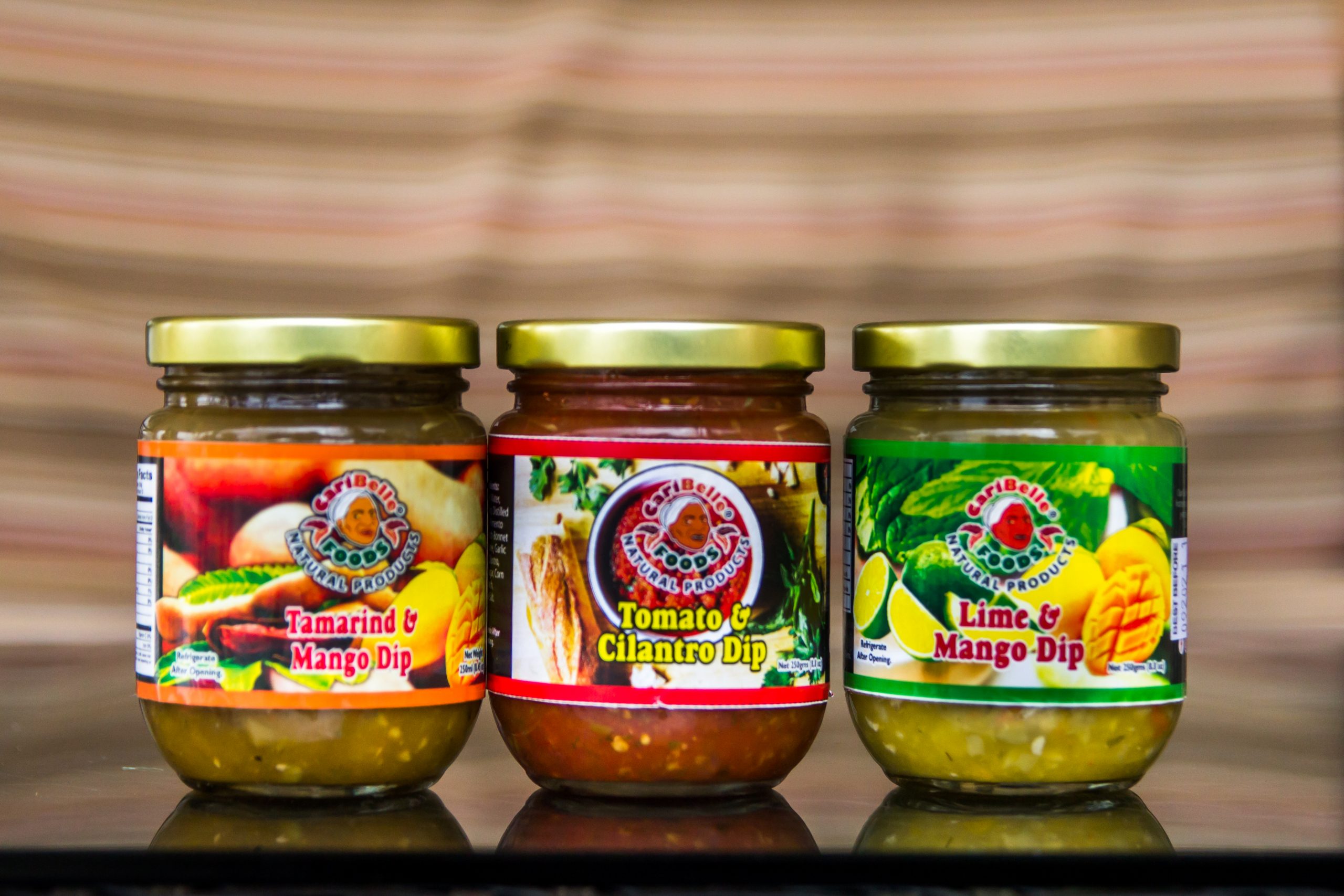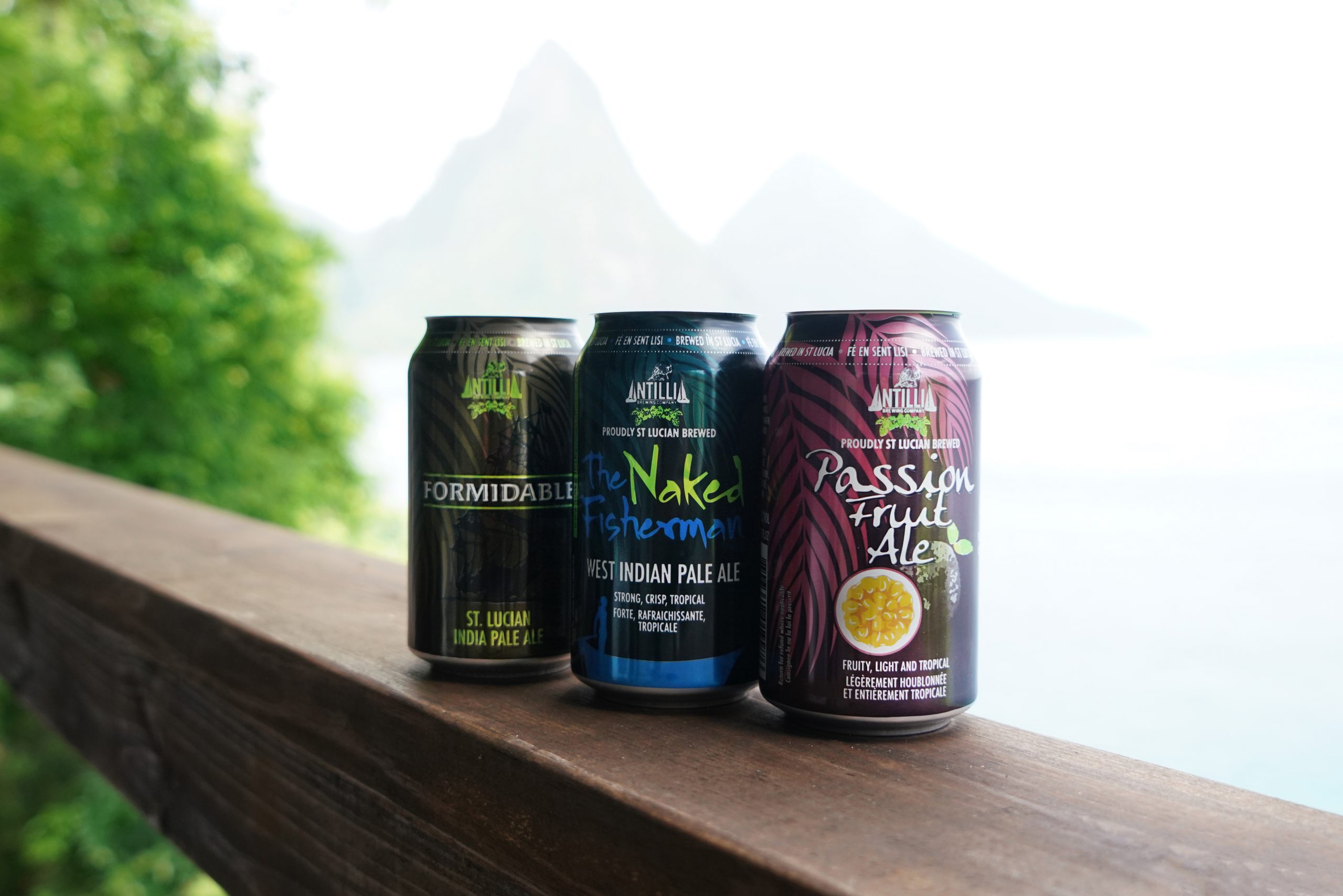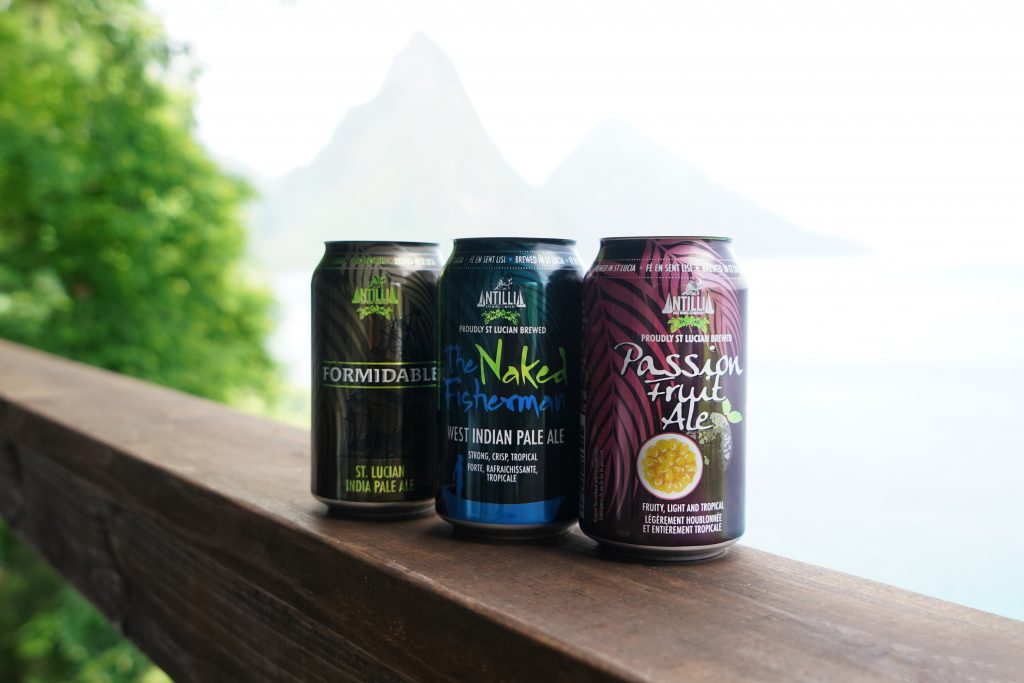En consulta con la Organización de los Estados de África, el Caribe y el Pacífico (OACPS), la Unión Europea (UE) está financiando el programa DIRECCT (Respuesta digital que conecta a los ciudadanos) para fortalecer la resiliencia de los sectores de la salud, la educación y las pequeñas empresas en el Caribe para hacer frente a las crisis actuales y futuras.
El 18 de mayo de 2022 se llevó a cabo una conferencia de prensa virtual que reunió a los socios de financiamiento e implementación para lanzar el programa en la región del Caribe. Coordinado por la Dirección Regional del Atlántico de la Agence Française de Développement (Agencia Francesa de Desarrollo o AFD), el evento bilingüe reconoció los desafíos para el desarrollo humano global y regional presentados por la pandemia de COVID-19 y destacó el papel fundamental de los servicios digitales para permitir que las personas para mantenerse conectado con sus socios de salud pública, instituciones educativas y negocios esenciales.
SE el Sr. Georges Rebelo Pinto Chikoti, Secretario General de la Organización de Estados de África, el Caribe y el Pacífico (OACPS) abrió la palabra afirmando que “a través de esta oportuna colaboración, financiaremos 10 proyectos que beneficiarán a más de 50 estados a lo largo del OACPS en las áreas de salud, educación y pequeñas empresas. Priorizando las necesidades de las ONG y reduciendo las desigualdades de género que aún están muy presentes en el mundo digital, podemos transformar esta crisis del COVID-19 en una oportunidad para el desarrollo de nuestros países”.
Es claro que la disponibilidad de servicios digitales mitigó el impacto de la pandemia para los ciudadanos, pacientes, estudiantes y empresas de la región. En futuras crisis, la capacidad de mantenerse conectado con instituciones y socios será una respuesta esencial y efectiva que ha sido severamente probada en los últimos 2 años.
“La UE se ha fijado una nueva ambición: apoyar y aumentar el acceso a los servicios y herramientas digitales en los países en desarrollo”, afirmó el Sr. Luís Maia, Jefe de Cooperación de la Delegación de la Unión Europea en Barbados, los Estados del Caribe Oriental, la OECO y CARICOM/CARIFORO. “La transformación digital y la innovación son áreas prioritarias clave en el compromiso de la UE con el Caribe, y la UE planea intensificar su compromiso digital con América Latina y el Caribe a través de una Alianza Digital. El objetivo es combinar los intereses, fortalezas y capacidades de ambas regiones para abordar de manera conjunta la brecha digital y lograr una transformación digital inclusiva”.
La responsabilidad de implementar este programa de 15,4 millones de euros, que está financiado por la Unión Europea, es de Agence Francaise de Developpement y Enabel, la agencia de desarrollo belga. “El programa ACP-DIRECCT está totalmente en línea con la estrategia digital de la AFD”, recordó el Sr. Philippe La Cognata, Director Regional en el Océano Atlántico de la Agencia Francesa de Desarrollo, “la transición digital es una de las seis transiciones prioritarias del Plan de Orientación Estratégica de la AFD. Usaremos la tecnología digital como palanca para acelerar el logro de los ODS. AFD se posiciona así como un donante digital para convertirse en un socio de referencia para los países en desarrollo para acelerar su transición digital hacia el desarrollo sostenible”.
“La región del Caribe se beneficiará de este programa a través de sistemas de información de salud fortalecidos y una mayor capacidad para la detección temprana, respuesta, monitoreo y notificación de amenazas para la salud pública y enfermedades emergentes”, afirmó la Dra. Joy St. John, Directora Ejecutiva de Caribbean Public Agencia de Salud Pública (CARPHA) mientras presentaba una sinopsis del proyecto Mejorando la Vigilancia de Salud Pública Integrada Digital en el Caribe. La iniciativa tiene como objetivo aumentar la capacidad de acceso en tiempo real de los Ministerios de Salud del Caribe a los datos de vigilancia de la salud pública de una variedad de fuentes utilizando una plataforma de información digital integrada (enfoque One Health). Los 26 estados miembros de CARPHA, muchos de los cuales dependen del turismo, utilizarán este sistema digital para informar intervenciones tempranas y apropiadas para rastrear y mitigar la propagación de enfermedades, y actuar como una base de evidencia para que los formuladores de políticas aborden los determinantes ambientales y sociales locales de la salud.
La Sra. Seliatou Kayode-Anglade, Oficial de Proyectos, División de Economía, Sector Privado y Comercio, Departamento de Experiencia en Gobernanza Financiera y Económica de Francia, presentó el proyecto de transformación digital para micro, pequeñas y medianas empresas (MIPYME) en África Occidental y el Caribe. El objetivo del proyecto es fortalecer la resiliencia de las MIPYME formales e informales fuera de línea mediante la mejora de sus habilidades digitales. Las actividades son implementadas por socios en África Occidental y en el Caribe. “Caribbean Export es uno de nuestros socios en el proyecto de transformación digital para las MIPYME y nos complace colaborar con ellos en un tema tan importante para el desarrollo del sector privado del Caribe y la resiliencia económica”, reafirmó la Sra. Kayode-Anglade.
El Sr. Deodat Maharaj, Director Ejecutivo, Agencia de Desarrollo de las Exportaciones del Caribe, en sus comentarios acogió con satisfacción la cooperación con Expertise France y elogió la concepción y el diseño del Programa Acelerador de Comercio Electrónico Virtual (VEAP) que la Agencia implementará. Maharaj afirmó el compromiso de la Agencia de trabajar con las partes interesadas relevantes para, en última instancia, ayudar a las empresas y empresarios del Caribe a aprovechar las tecnologías digitales para desarrollar su resiliencia y sostenibilidad. “Bajo la rúbrica del Programa Acelerador de Comercio Electrónico Virtual, involucraremos a empresas del Caribe, Organizaciones de Apoyo Empresarial (BSO) y empresas del sector privado relacionadas con el comercio electrónico (como desarrolladores de sitios web y socios de envío directo), durante un período de 6 meses, utilizando un aprendizaje mediante un enfoque destinado a mejorar su conocimiento del comercio electrónico y la implementación de estrategias de comercio electrónico”. El acelerador incluirá un máximo de 2 BSO en cada país con 5 empresas asignadas a cada BSO para brindar soporte en los 15 países del CARIFORUM. Estas BSO y empresas serán supervisadas por un equipo de entrenadores y entrenadores maestros en las áreas de desarrollo de sitios web de comercio electrónico, desarrollo de productos, marketing, análisis y operaciones generales de comercio electrónico.
El Sr. Frédéric Murat, Gerente de Operaciones Internacionales de Bibliothèques Sans Frontières (Bibliotecas sin fronteras o BSF) presentó la iniciativa Offline Internet lanzada por BSF en Haití. Si bien la mitad de la población mundial no tiene acceso a un internet de calidad, la necesidad de la difusión de contenidos digitales para la formación, la educación, la información o el ocio nunca ha sido mayor para crear sociedades más fuertes y resilientes ante los desafíos contemporáneos. (educación, empleo, calentamiento global, migración, prevención de riesgos y epidemias…). En este proyecto, BSF tiene como objetivo promover el acceso a la información y la educación en 15 escuelas, bibliotecas y organizaciones locales haitianas para los más vulnerables a través de soluciones de Internet fuera de línea.
Los proyectos DIRECCT tienen como objetivo mejorar el acceso a la infraestructura digital en más de 55 países de África, el Caribe y el Pacífico (ACP) mediante el aumento de la conectividad, apoyar el desarrollo de servicios digitales específicos del sector (educación, salud y negocios) de acuerdo con sus necesidades particulares y luego capacitar personas para usarlos. En el sector de la salud, el principal objetivo es permitir que los organismos públicos recolecten rápidamente datos confiables sobre el estado de la pandemia actual y posibles futuras crisis de salud, que son herramientas esenciales para que las instituciones brinden respuestas inmediatas y pertinentes. El programa de 15,4 millones de euros es implementado principalmente por la AFD en coordinación con la agencia belga de desarrollo, Enabel.
Contactos de prensa:
Programa DIRECTO – Eric MOUNIER – mouniere.ext@afd.fr
Contacto de prensa para la región del Caribe – Camille GUIGONNET – guigonnetc@afd.fr










